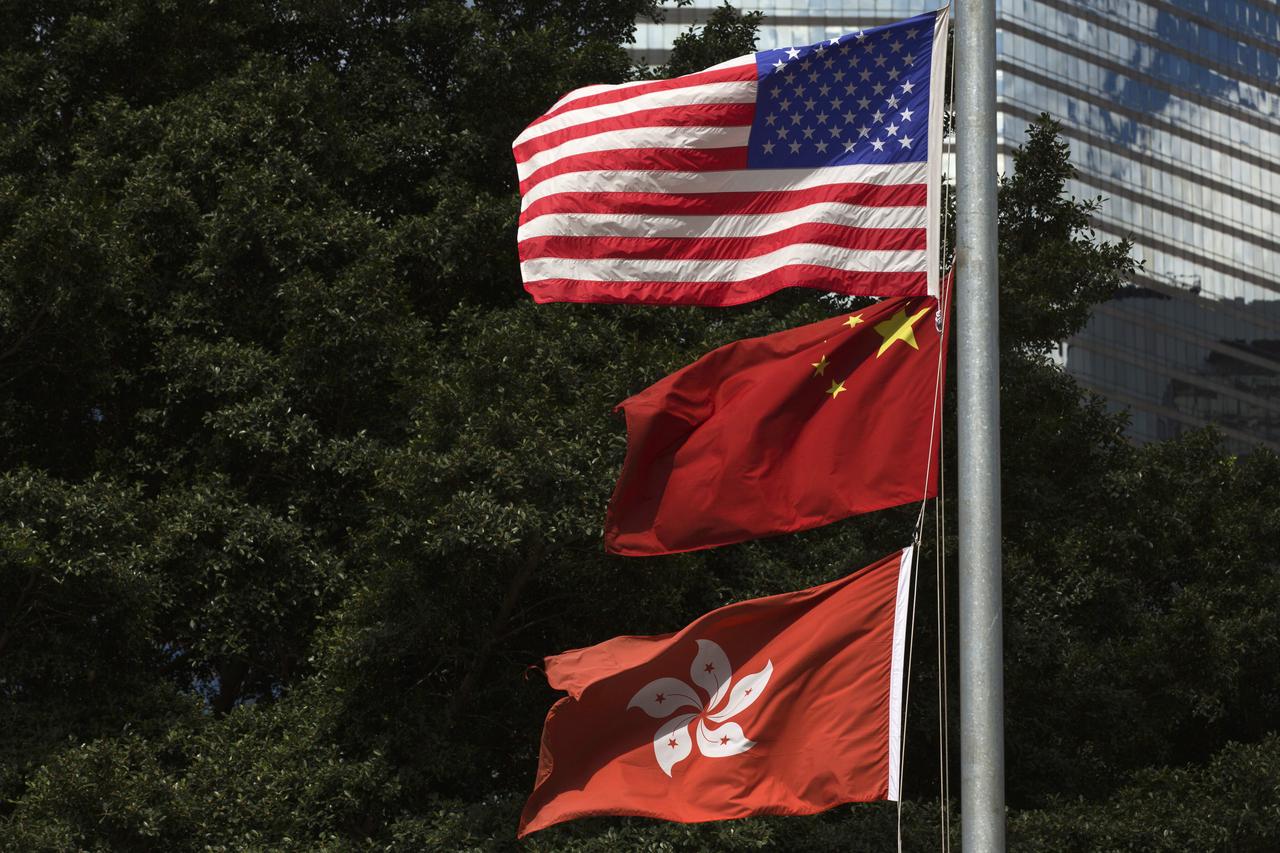Dr. Hadi Taherkhani said that protests began in February 2019 against a proposed extradition bill that has plunged Hong Kong into a political crisis and created an opportunity for the United States to use its full force to undermine China as its powerful rival.
“Hong Kong could be China’s Achilles heel,” he said, referring to Trump’s critical tweets about China’s positions and performance in Hong Kong to pressure Beijing. China seems to be a bit hasty in managing the events in the country, and on the other hand, the United States has taken the most advantage of the opportunities in Hong Kong.
“Hong Kong, which had been a British colony for many years, has a more Western identity than Chinese,” Taherkhani said on the visit of the Hong Kong opposition leader to the United States to convince members of Congress to pressure China. The people of this region have intellectual convergence with the United States. Of course, when a rumor is spread quickly and about 3 million of the country’s seven million population join the protest rallies, indicates that the platform of the protests in Hong Kong had been ready.
At the same time, the international relations professor, referring to the warning of the Chinese authorities to the opposition that the West cannot solve their problems, emphasized: Since Hong Kong is under Chinese control, it cannot make any accomplishment and the protesters’ demands will not be met. But at a time when US interests in Yemen are weakening in the region, the US will insist on using it to somehow weaken its adversary.
“It seems that in the coming days the European Union, especially France and Germany, will come to the fore and support Hong Kong, and this process of erosion and protests will continue as the US takes advantage of the weakening of China in these conditions,” he said.
“At first, China had no idea that the protests would continue and intensify,” he said. In February and in the first step, protests peaked with a population of about one million. But eight weeks ago, the number of protesters had reached three million. China wanted to give them no concessions with the iron fist policy, but it seems that under the current conditions China will give concessions to Hong Kong, not central and main concessions. China’s one billion population will certainly not retreat before Hong Kong’s seven million population.
“The protesters had five demands, two of which were fundamental,” the professor of international relations added. China seems to be meeting the three other demands, and in general the extradition bill will remain in place. Meantime, China will try to moderate the situation by changing its tough policy. This will make the Hong Kong protesters to back off.
“Hong Kong does not have the traditional texture of China,” he explained. The liberal atmosphere and distance from Chinese communist ideas and emphasis on the rule of law in Hong Kong are evident. In such a situation, China will make Hong Kong calmer by promoting democracy and electoral environment, and may even achieve its goal by liberal and electoral legitimacy of Hong Kong.
“China will try to give some of the non-strategic concessions to the protesters which will end the unrest in the coming months,” the professor said, adding: “Because we have to take into account international developments and important elections ahead of us. Trump gathers votes under any pretexts and we should not ignore Israel’s role in the Hong Kong unrest and pressure on China because Israel and US interests are intertwined.”










0 Comments